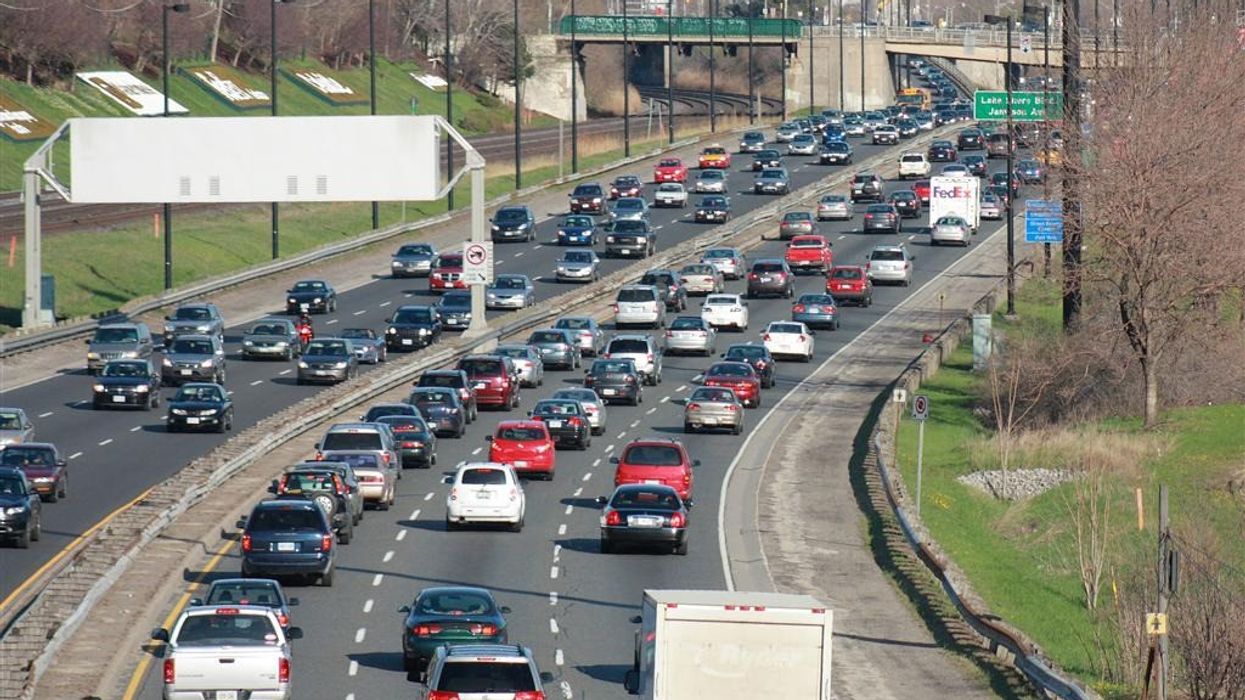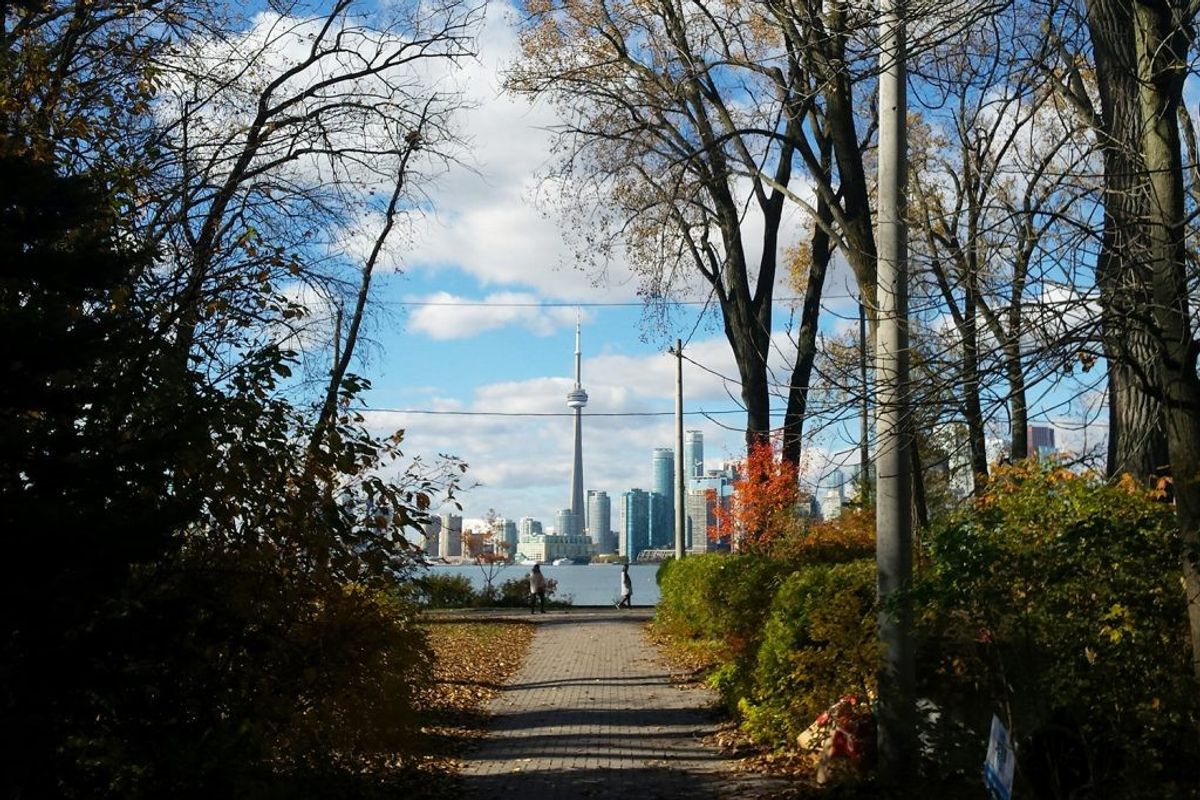Commuting – long, short, pleasant, or grinding – is a fact of life in the GTA and southern Ontario.
And a new Statistics Canada infographic out today shows what commuting is like not only in Toronto - bad - but also in Montreal and Vancouver
Based on the 2016 census data made public earlier this year, Toronto had the highest proportion of commuters who spend 60 minutes or more travelling to work.
In Montreal most people are travelling from a suburb to the city core but in The 6ix more than half of workers travelled from one suburb to another.
In fact, one in four people in Toronto had a place of work located 25 km or more from the city centre, the StatsCan data revealed.
Also, 17 per cent of Toronto commuters spend more than 60 minutes getting to work each day.
READ: GO Transit Hub Cities Urged To Speed Housing Developments
Last week Joe Vaccaro, the CEO of the Ontario Home Builders’ Association (OHBA), said cities need to more quickly approve higher density housing developments around rapidly expanding transit sites in the GTA and southern Ontario.
Vaccaro made his remarks in response to recent announcements by Metrolinx about GO Transit expansion and extensions into communities such as Kitchener, Hamilton and Niagara, all of which offer more affordable housing prices than Toronto and could potentially improve commutes for thousands of people.
Vaccaro is forecasting rapid growth in neighbourhoods surrounding and connected to expanding transit lines, such as GO, as more people who work in places such as Toronto decide to live outside the core of the GTA and commute to work.
Also last week, construction started on the 401 expansion project in Mississauga. The current 401 work, 0riginally announced in 2017 (and then re-announced earlier this year), is worth $640 million. It involves the widening of 18 kilometres of Hwy. 401 to Milton from Mississauga.
READ: TRENDING: Kitchener Commute And Toronto Home Prices
The goal is to reduce congestion and improve commuting times, particularly for Mississauga and Brampton.
In 2016, 64 per cent of car commuters who worked in the Toronto census metropolitan area (CMA) and who took at least 60 minutes to go to work also lived somewhere in Toronto.
Other commuters came from other areas such as Oshawa, Hamilton, and Barrie.
Not surprisingly, Toronto also had a significant number of people coming from places such as Kitchener, Cambridge, Waterloo, St. Catharines–Niagara, and Guelph. Nearly one-half of people who lived in these areas and worked in Toronto were commuters with a long commuting time, who reported an average commuting time of at least 80 minutes.






















